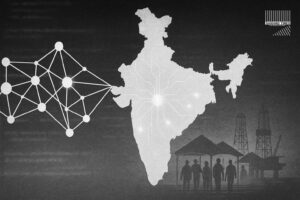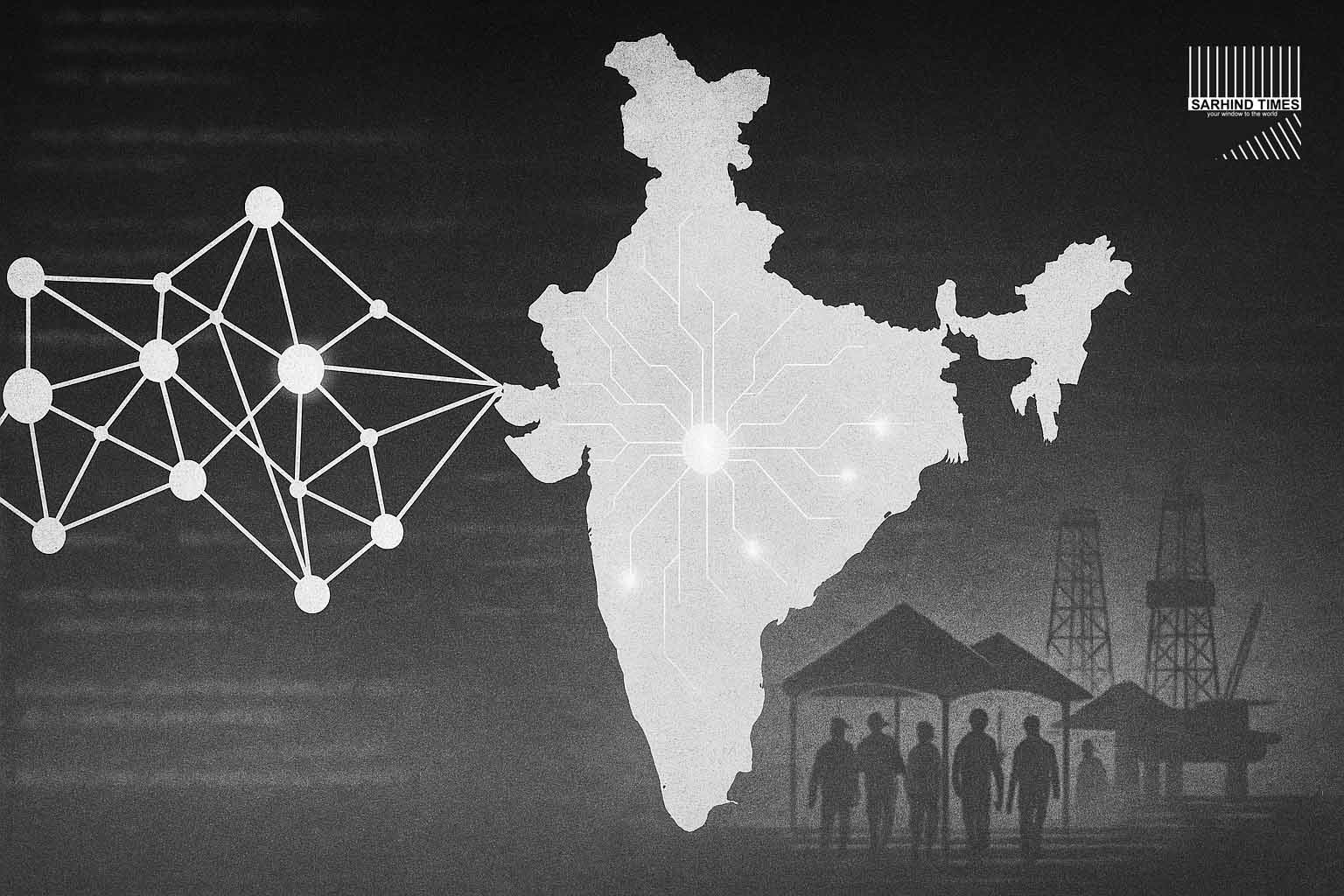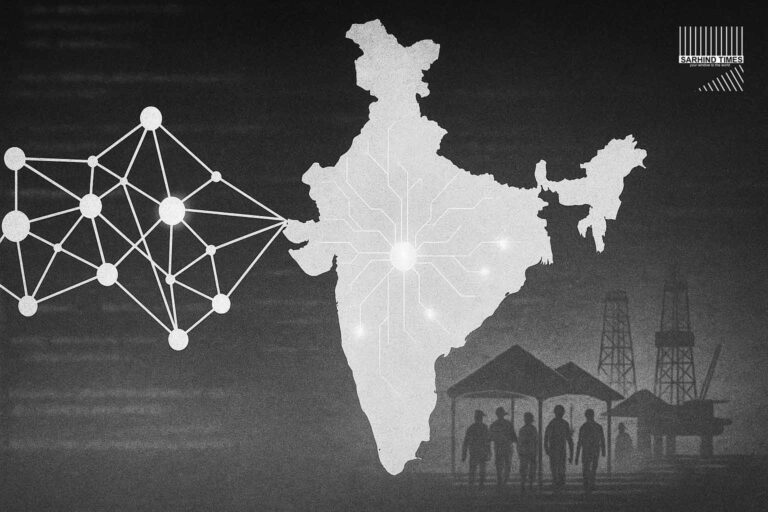New Delhi / Dehradun, October 18, 2025 — India has formally launched a new chapter in its AI policy narrative, with MoS IT Jitin Prasada announcing a push to build domestic AI datasets, deepfake detection tools, bias-mitigation pipelines, and algorithm auditing frameworks. The declarations, made at a pre-summit in Dehradun, signal that New Delhi is intent on reducing foreign data dependency, advancing indigenous AI infrastructure, and embedding ethical guardrails in its digital future.
Aligned with the ongoing IndiaAI Mission, the roadmap is geared toward democratizing AI access—from rural to urban geographies—while balancing governance, security, and innovation. Observers say the policy shape-up responds to growing global momentum around AI regulation, supply–chain sovereignty, and geopolitical dimensions of AI leadership.
Key Policy Pillars & Measures Announced
Sovereign / Home-Grown Datasets
India plans to build curated, representative datasets for Indian languages, domains (agriculture, healthcare, education), and contexts—which better reflect local visual, audio, and linguistic diversity. This is expected to reduce biases seen when foreign corpora dominate Indian AI models.
Bias Mitigation & Ethical Certification
The roadmap includes bias detection and mitigation pipelines—to detect skew in training data or model performance across demographics. A proposed ethical certification regime would label AI systems that meet fairness, transparency and accountability benchmarks.
Deepfake Detection & Synthetic Data
Given rising misinformation risks, India aims to develop deepfake detection algorithms, forensic tools, and generative AI safeguards. Synthetic data generation will enable privacy-preserving training on sensitive domains like health, finance and governance.
Algorithm Audits & Governance
Periodic third-party audits, explainability tools, and logging/traceability mandates are proposed. Models built or used in critical sectors (govt, judiciary, health) would face stricter auditing and regulatory oversight.
Compute & Infrastructure Investment
Anticipated investments include AI compute labs, GPU clusters, data labs, national model hubs, federated learning infrastructure, and open access tiers. Analysts expect announcements soon on public–private compute grants.
Global South Leadership & Inclusive Access
India frames its AI posture with a Global South lens, advocating standards that consider less-resourced contexts. The push includes making AI accessible to rural users, regional languages, and development sectors rather than just high-end consumer products.
Why This Strategy Matters Now
Crisis of Bias, Misinformation & Model Colonialism
Foreign models often underperform in Indian contexts; biases in face recognition, accent detection, language models or health prediction are systemic problems. The push for sovereign data and in-country audit is a response to model colonialism.
Deepfakes and synthetic media are proliferating. Without detection safeguards, societal trust and electoral integrity are at risk. India must build countermeasures proactively.
Strategic Autonomy & Tech Sovereignty
Recent global tech tensions make reliance on foreign AI pipelines risky. India’s ability to own and audit its AI stack is central to digital sovereignty. Datasets, models, compute and tooling form a stack India must control.
Innovation Ecosystems & Startups
For Indian AI firms, local datasets, compute credits and trusted certifications will remove barriers. Startups won’t have to re-license or backport performance to Indian contexts. This may accelerate growth in health AI, agri AI, vernacular AI.
Regulatory Momentum & Global Benchmarks
Globally, nations are racing on AI regulation (EU’s AI Act, US executive orders, China’s policies). India’s approach could position it as a mid-path model—a sovereign, development-sensitive, rights-aware AI regulator.
Challenges & Risks Ahead
- Data Privacy & Consent: Aggregating domestic datasets risks privacy violations, especially with sensitive personal data. India must adopt strong data governance, anonymization, and consent frameworks (e.g., Digital India Act, data protection law).
- Resource Inequality: Equitable access to compute, GPUs and labs across states is a challenge. Otherwise, only a few urban hubs benefit.
- Technical Bias Complexity: Mitigating bias is not trivial—dataset shifts, long-tail populations, intersectional inequalities require rigorous frameworks.
- Audit Capture & Regulation Gaming: Audits must be independent. If audits are manned by insiders, risks of collusion or whitewashing may persist.
- Adversarial & Dual-Use Risks: Tools like synthetic generation and deepfake detectors can themselves be misused. Dual-use governance must be baked in.
- Regulatory Friction & Innovation Drag: Overly strict certification or audit norms may stifle experimentation—balancing guardrails with innovation is critical.
Comparative Models & Global Context
- EU AI Act: Focuses on risk classification (high-risk systems, etc.), transparency, human oversight. India’s ethical certification echoes that path.
- US Executive & NIST frameworks: Emphasis on equity, bias, robust testing, public infrastructure.
- China policy: Combines strong regulatory control with government-led AI projects and state-aligned thresholds.
- African & ASEAN experiments: Many countries are exploring sovereign AI infastructure, local datasets, and regional governance tie-ups.
India’s approach may attempt to marry development orientation (inclusive AI) with structural sovereignty—not rigid over-regulation, but a calibrated enabling regime.
Voices & Expert Comments
“A sovereign dataset is India’s strongest hedge against model bias and dependence,” said a leading AI researcher.
“Certification regimes must be light-touch yet credible—or risk turning into compliance theater,” cautioned a tech policy analyst.
A government stakeholder said: “We don’t want to stall innovation—tools like deepfake detectors and audits are enablers, not blockers.”
AI startups echoed optimism: “Compute credits, certified trust marks and access to Indian datasets can level the playing field,” they noted.
What to Watch Next & Milestones
- Formal policies, draft rules or notifications on algorithm certification
- Budget announcements for AI compute labs, national GPU clusters
- Pipeline announcements: named centers, labs, partnerships
- Pilot projects in sectors like judiciary, health, agriculture using domestic datasets
- Audit authority frameworks, independent oversight bodies
- Data protection / privacy law alignment with AI policy
- International alignments: AI standards, cross-border dataset sharing, global AI symposiums hosted by India
If India indeed executes this roadmap, it could meaningfully define a Global South AI pathway—an AI strategy built for developing contexts, yet anchored in rights, trust and sovereignty.
Conclusion
India’s announcement of sovereign datasets, bias mitigation, deepfake detection tools, algorithm audits and infrastructure investments is no mere policy promise. It is a signal: India is claiming its seat at the AI table—on its terms.
To succeed, the approach must respect data rights, foster inclusive access, promote independent oversight, and balance regulation with innovation. If done well, this could be India’s AI inflection point—not as follower, but as original pathbreaker in a world grappling with AI’s promise and peril.
This is not just a technology push, it is a sovereignty, equity and governance assertion. India’s AI future is being coded now—and the rest of the world will watch.
#IndiaAI #AIForAll #Deepfakes #SovereignAI #TechPolicy #EthicalAI #DigitalIndia #AIRegulation






















+ There are no comments
Add yours